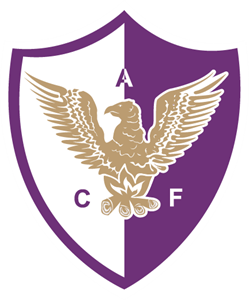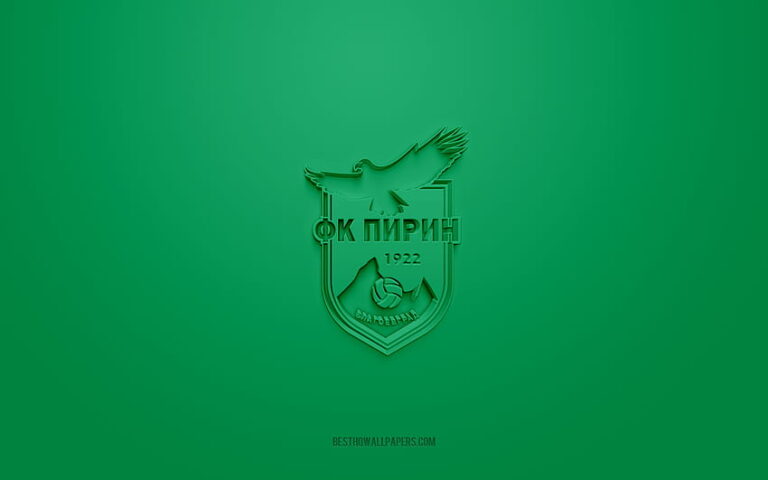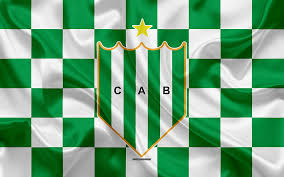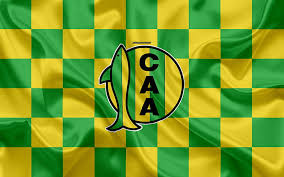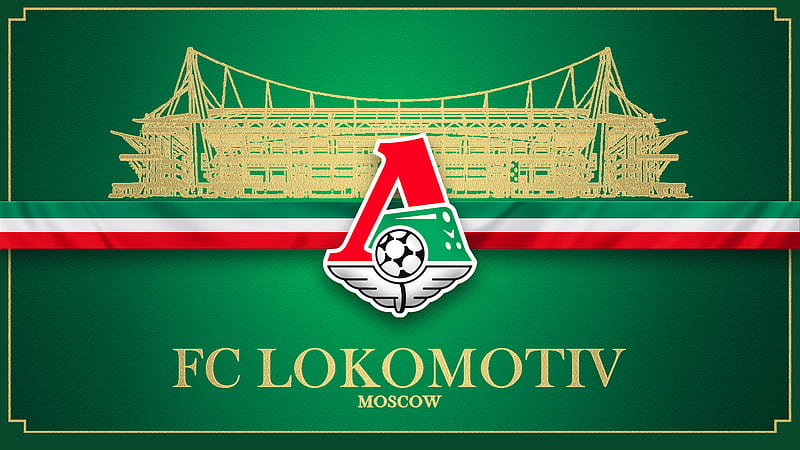
Lokomotiv Moscow stands as one of Russia’s most respected and accomplished football clubs, known for its resilience, development of talent, and a rich history that dates back to 1922. Initially formed as the club of railway workers, Lokomotiv’s identity has always been tied to strength, discipline, and progress—much like the trains that inspired its name.
With decades of top-flight competition under their belt and a loyal fanbase centered at RZD Arena in Kèo bóng đá Moscow, Lokomotiv has built a reputation as a consistent force in both Soviet and modern Russian football.
Major Domestic Successes
Over the years, Lokomotiv Moscow has grown into one of the most decorated clubs in Russia. Their trophy cabinet includes three Russian Premier League titles:
- 2002
- 2004
- 2017–18
The club’s breakthrough title in 2002 ended years of close calls and cemented their place among the country’s elite. The 2017–18 season, led by manager Yuri Semin, was another standout moment, with Lokomotiv dominating the league and securing the title with solid defense and tactical discipline.
In domestic cup competitions, Lokomotiv has been incredibly successful, winning the Russian Cup a record 9 times (as of 2024):
- 1995–96
- 1996–97
- 1999–2000
- 2000–01
- 2006–07
- 2014–15
- 2016–17
- 2018–19
- 2020–21
They’ve also claimed three Russian Super Cup titles, further confirming their consistency at the highest level of Russian football.
Goal-Scoring Legacy and Legendary Players
Lokomotiv has always been known for producing and attracting top attacking talent. Over the decades, the club has scored over 4,700 goals in official competitions across the Soviet Top League, Russian Premier League, domestic cups, and European tournaments.
Some of the most iconic goal-scorers in Lokomotiv’s history include:
- Oleg Pashinin – A solid defender and club legend who also contributed vital goals during the club’s golden years.
- Dmitri Loskov – A playmaker and free-kick master, Loskov is widely considered Lokomotiv’s greatest player, scoring over 100 goals and playing a pivotal role in multiple title wins.
- Jefferson Farfán – The Peruvian striker added an international flair to Lokomotiv’s attack during their 2017–18 title-winning season.
- Fyodor Smolov – One of the modern era’s most recognizable Russian forwards, contributing significantly in recent campaigns.
The club’s attacking philosophy has brought exciting football to fans for decades, combining flair with tactical precision.
European Campaigns and International Recognition
Lokomotiv Moscow has regularly featured in European competitions, including the UEFA Champions League and UEFA Europa League. Their best continental performances came in the early 2000s, with two appearances in the Champions League Round of 16 (2003–04, 2004–05). Though not among Europe’s traditional heavyweights, Lokomotiv has earned respect across the continent with gritty performances and passionate displays.
The club’s European presence has also attracted top international talent and helped Russian players gain valuable experience on the global stage.
Modern Era and Youth Development
In recent years, Lokomotiv has focused on balancing experienced players with a new wave of young Russian talent. The club’s academy has produced several promising players who have gone on to represent the Russian national team, and their investment in development continues to be a strategic priority.
The 2023–24 season was marked by a strong domestic campaign, with Lokomotiv pushing for European qualification and remaining competitive in the Russian Cup. The team remains one of the most stable clubs in the country, with clear ambitions to return to the top of the league.
Final Thoughts: A Club That Moves with Purpose
With over 4,700 goals, 15+ major trophies, and a legacy spanning over a century, Lokomotiv Moscow remains a pillar of Russian football. Their commitment to success, youth development, and consistency on the field makes them more than just a historic club—they are a modern football institution still moving forward, full steam ahead.
